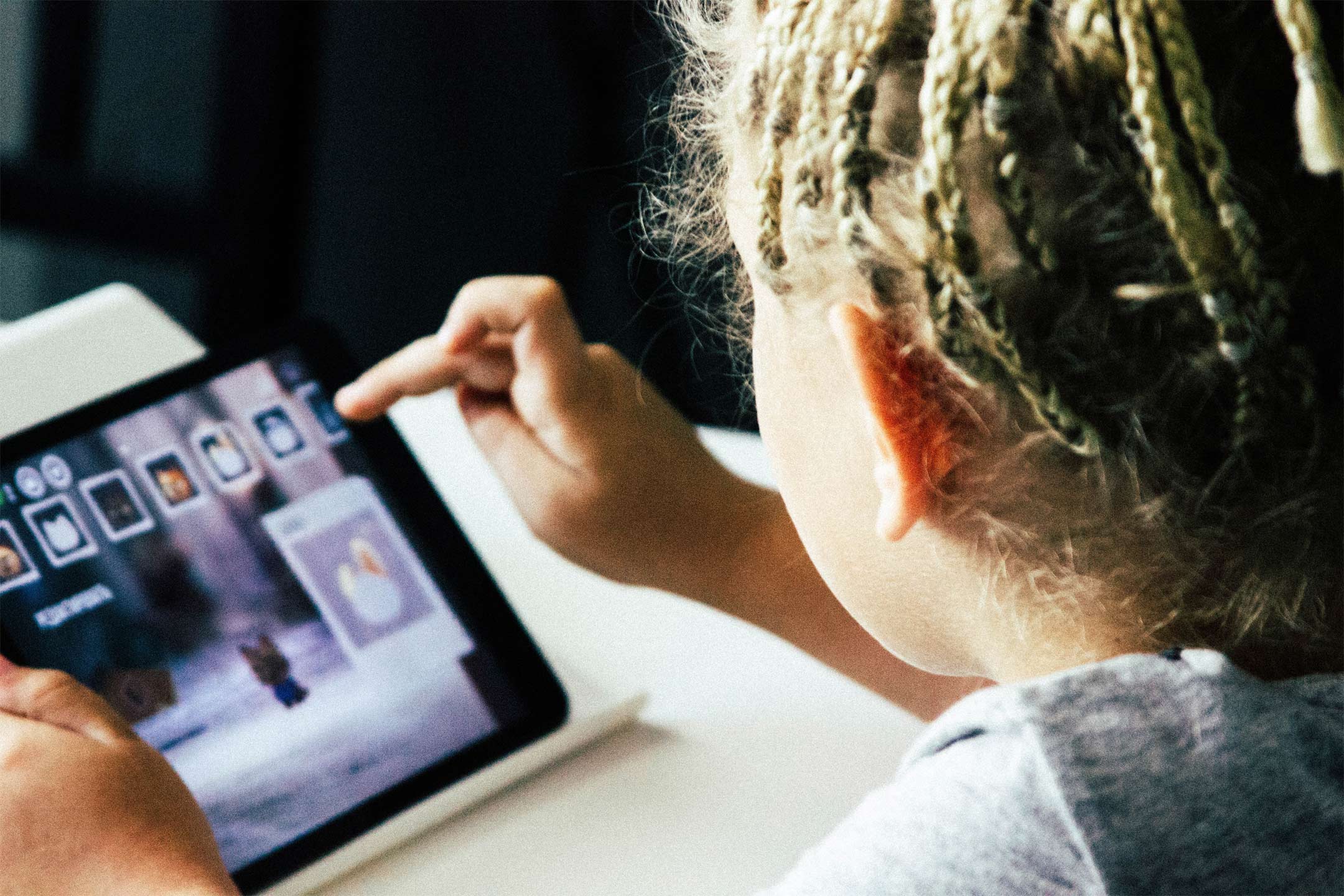
23 Oct Left Behind in the Digital Age: Why Every Child Needs Equal Access to Technology
As schools and workplaces become more digital, many Australian children are falling behind simply because they don’t have access to a laptop or the internet at home. The Smith Family is calling for urgent action to close the gap and give every child a fair start.
As technology and AI reshape classrooms and careers, many Australian children risk being left behind — simply because they don’t have a computer at home.
During Anti-Poverty Week (12–18 October), national education charity The Smith Family is calling for urgent action to close the growing digital divide. For thousands of students experiencing disadvantage, a lack of digital devices and basic tech skills is putting their education and future job prospects at risk.
“Digital access is no longer a luxury — it’s a necessity,” says The Smith Family CEO Doug Taylor. “With the rise of artificial intelligence, students who are digitally excluded aren’t just missing out on learning today — they’re being locked out of the jobs of tomorrow.”
Too Many Students Without a Laptop or Internet
A recent survey by The Smith Family revealed that 44% of students supported through its Learning for Life program don’t have a connected laptop or tablet at home.
Yet almost eight in ten Australians (78%) believe having a computer and reliable internet is essential for a child’s education.
When families do receive help, the difference is immediate — 93% of those given a device say it’s made a big difference to their child’s learning.
Skills Matter as Much as Devices
It’s not just about owning a laptop — it’s about knowing how to use it.
As AI becomes part of everyday life, children need to build the skills and confidence to navigate digital tools safely and smartly. But many families can’t afford the technology or training to help them get started.
“Young people are being told they must adapt to AI or risk unemployment,” says Mr Taylor. “But for some, that’s impossible without access to the right tools. Every child deserves the chance to develop the skills they’ll need to thrive.”
Partnerships Helping to Close the Gap
To help address this, The Smith Family partners with WorkVentures, which refurbishes donated laptops for students. In the past three years, WorkVentures has supplied over 8,000 devices, helping thousands of children take part in online learning.
But demand still outweighs supply.
WorkVentures CEO Caroline McDaid says 1.16 million young Australians don’t have a laptop, yet fewer than 20,000 refurbished devices are currently pledged through the National Device Bank, despite around 2 million computers being replaced by companies and governments each year.
“We’re calling on more organisations to donate their used devices,” says Ms McDaid. “It’s a simple, powerful way to help students who need them most.”
The Telstra Foundation recently contributed 8,300 laptops to the National Device Bank — a major step toward closing the gap.
How Families and Workplaces Can Help
Anti-Poverty Week this year supports three key campaigns —End Child Poverty, Raise the Rate, and Everybody’s Home — all focused on giving every child a fair start in life.
Families, schools, and workplaces can all play a part.
You can donate to help provide a laptop through The Smith Family, or encourage your workplace to recycle and donate old computers to the National Device Bank.
To learn more or donate, visit:
🔗 thesmithfamily.com.au
🔗 nationaldevicebank.org.au




